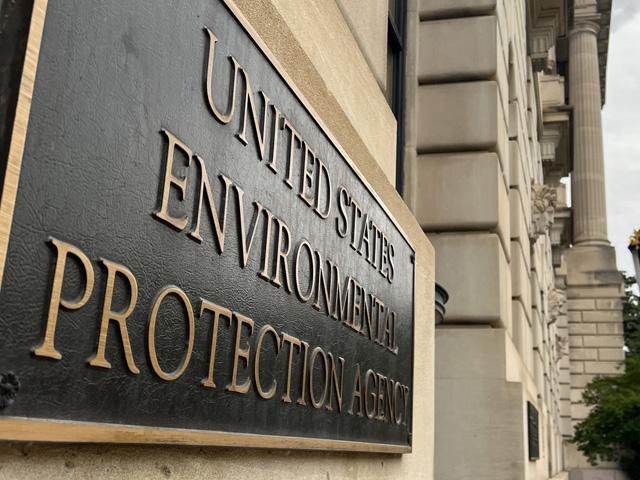EPA Vulnerable Species Plan Released
EPA Releases Plan to Protect Vulnerable Species From Pesticides Exposure
LINCOLN, Neb. (DTN) -- The U.S. Environmental Protection Agency released its vulnerable species action plan (VSAP) on Thursday that sets out ways to protect from pesticides 27 plant and animal species identified as imperiled or in danger of extinction.
The plan was released as part of the agency's ongoing response to a 2023 court settlement on the Endangered Species Act, https://www.regulations.gov/….
"EPA plans to incorporate mitigations from the VSAP (action plan) into applicable pesticide actions, even if EPA has not yet determined effects under the Endangered Species Act or consulted with the U.S. Fish and Wildlife Service," the EPA said in a news release on Thursday.
The agency said it plans to address species listed by the National Marine Fisheries Service through a separate process.
The 27 species identified are listed as "vulnerable" by the U.S. Fish and Wildlife Service in the lower 48 states. The EPA said the species include 18 plants and nine animals. The agency said it added seven species and removed seven others during the formation of the plan.
The EPA also expects to add more species through a formal consultation with the U.S. Fish and Wildlife Services. The VSAP calls for mitigations such as buffer zones to prevent species' exposure to pesticide spray drift. The agency plans to release maps identifying species and their habitats in the coming months.
P[L1] D[0x0] M[300x250] OOP[F] ADUNIT[] T[]
The plan states that when the EPA has developed different strategies that apply to a pesticide, any current mitigation strategies would apply first.
"The VSAP includes mitigations for common exposure routes, including spray drift and runoff, but also addresses other routes of pesticide exposure to the vulnerable species," EPA said in a news release.
"Examples include on-field exposure to a vulnerable species and pesticide volatilization (the movement of pesticide vapors through the air)."
Lori Ann Burd, environmental health director at the Center for Biological Diversity, said the EPA's framework was a good step toward protecting the most-vulnerable species.
"Pesticide-vulnerable endangered plants and animals obviously need to be protected from pesticides in their most important homes and the EPA's plan says it intends to do just that," Burd said in a statement.
Among the species listed in the plan are Attwater's greater prairie chickens native to the coasts of Texas and Louisiana, Buena Vista Lake ornate shrews in southern California, rusty patched bumblebees -- historically found in the eastern U.S. and upper Midwest, Wyoming toads, and five endangered plant species from Lake Wales Ridge in Florida.
Read more on DTN:
"EPA Releases Draft Insecticide Strategy," https://www.dtnpf.com/…
"Wildlife Agency Sued in Bee Brouhaha," https://www.dtnpf.com/…
"EPA Lays Out ESA Roadmap for Pesticides," https://www.dtnpf.com/…
Todd Neeley can be reached at todd.neeley@dtn.com
Follow him on social platform X @DTNeeley
(c) Copyright 2024 DTN, LLC. All rights reserved.





